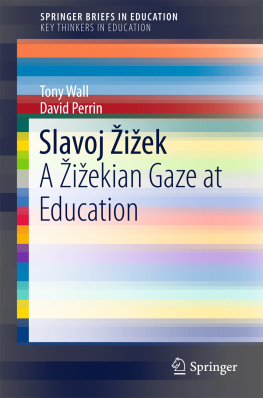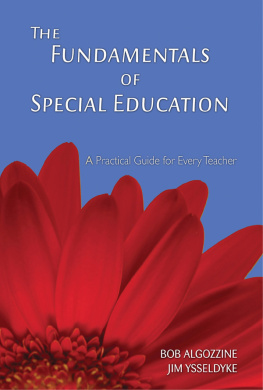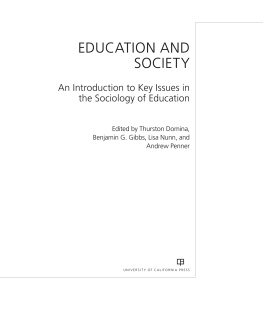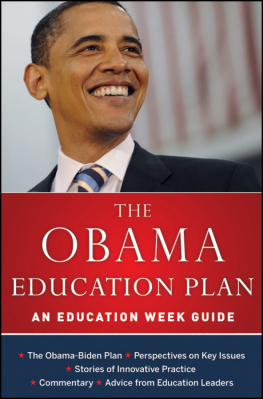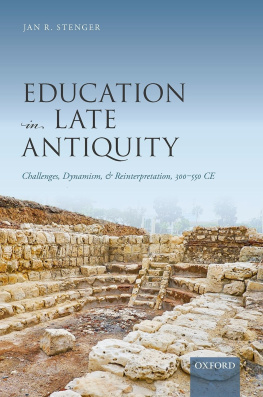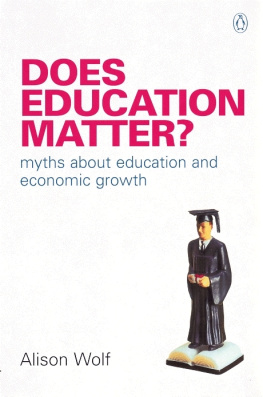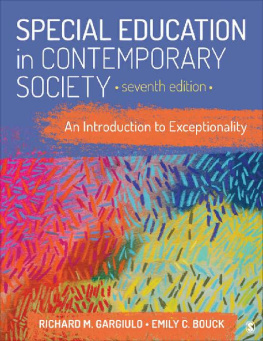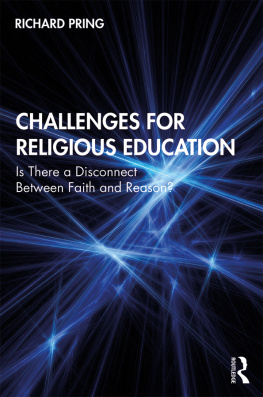1. Introduction
Slavoj iek has been called, amongst other things, the Elvis of cultural theory, the Foucault of Our Time (Wallace ) along with prolific writing and media attention. Today, armed with the same Marxist commitments and animated, unorthodox flair, he continues to attract major acclaim and criticism from across the globe. It is not surprising that, so the story goes, that tickets to a iek gig sold out faster than a Michael Jackson gig in London.
iek rarely speaks about education directly, but his ideas are appearing more and more in the context of scholarly commentaries on educational policy (for example, Cooley , p. 17):
Never has there been less hunger, less disease or more prosperity Globalisation means the worlds not just getting richer, but fairer toothe forces of peace, progress and prosperity are prevailing. (The Spectator )
He urges us to examine the troubles in our so called paradise , or the antagonisms that exist and are created by the particular ways of operating that become naturalised or taken-for-granted in our educational settings. As iek says, the task is to not simply accept what exists as given but raise the question of how is what we encounter as actual also possible (iek , p. 9).
It is not difficult to find these troubles in contemporary education: Why do we have record levels of student complaints and compensation in higher education? What is compelling our students to become disgruntled when they do not receive great customer service or good grades? Why are our school and university teachers so stressed? Why is it so difficult to create radical change in educational contexts? These are the symptoms of the trouble in paradise that iek wants us to notice, explore and explode.
For iek, however, this is not just about awareness: contrary to the Marxist dictum we know not what we do, iek exclaims we do know what we do, but still do it!. This book aspires to provide an interpretation of iekian ideas as applied to education, which is still a scant area. However, as we will see, it does so without attempting to capture the totality of iek or his ideas, which would be an impossible ambition. Rather, it aims to capture partial glimpses, enough to inspire additional readings, thinkingand most importantly, actionof the reader.
This is the first book that focuses on the application of iekian thought to educational contexts. It attempts to be accessible in the main, so is designed to be read from cover to cover, each chapter building on the previous. That said, to dip into the book at various points will give you a flavour of iekian ideas as we interpret them, as well as some of the concerns that such ideas conjure. However, some parts of the book will be easier to read than othersthis mirrors the experience of reading ieks work: sometimes it is useful to read and re-read specific parts and even seek out other texts related to certain aspects of his work.
The book is structured as follows. The second chapter is a broad introduction to iekian thought, style and approach. Here, we lay the foundations of some of the key ideas we think iek puts to work, including Marx, Lacan and Hegelideas and tactics which create supporters and detractors alike. In the third chapter, we illustrate contemporary understandings of education, which leads us into discussions about one of the key dimensions of ieks theoretical tools, the Symbolic (that is, how language is used to shape how we construct our reality).
In the fourth chapter, we explore how these constructs implicate those in education, including teachers and students alike, and have an insidious role in mobilising unconscious desires and drives. These constructs have a powerful role in activating how we think we should act in educational practice, and explain how, with reference to the other two dimensions of ieks theoretical tools, the Imaginary realm and the Real.
Combined, these three dimensions (the Symbolic, the Imaginary, the Real) work together in and out of awareness to keep us firmly in their grip. We discuss this in more detail in Chap. ) once said, we hope you Enjoy Your iek! .
References
Boynton, R. S. (1998). Enjoy Your Zizek! an excitable Slovenian Philosopher examines the obscene practices of everyday lifeIncluding his own. Linguafranca: The Review of Academic Life, 8 (7).
Brown, T., Atkinson, D., & England, J. (2006). Regulative discourses in education: A Lacanian perspective . London: Peter Lang publishers.
Brown, T., & McNamara, O. (2011). Becoming a mathematics teacher: Identity and identifications . Dordrecht: Springer. CrossRef
Cooley, A. (2009). Is education a lost cause? iek, schooling, and universal emancipation. Discourse: Studies in the Cultural Politics of Education, (4), 381395.
Meakin, D., & Wall, T. (2013). Co-delivered work based learning: Contested ownership and responsibility. Higher Education, Skills & Work Based Learning, (1), 7381. CrossRef
Taylor, P. (2010). iek and the Media . Cambridge: Polity Press.
The Spectator. (2012). The spectatorGlad tidings. http://www.spectator.co.uk/the-week/leading-article/8789981/glad-tidings/ .
Wall, T. (2013). Professional identities and commodification in higher education . Unpublished Doctoral Thesis, Manchester Metropolitan University, Manchester.
Wallace, J. (1998). Times higher educationFoucault of our time . Retrieved March 14, 2015, from http://www.timeshighereducation.co.uk/110089.article .
iek, S. (1989). The sublime object of ideology . London: Verso.
iek, S. (1993). Tarrying with the negative: Kant, Hegel, and the critique of ideology . Durham: Duke University Press.
iek, S. (2014). Trouble in paradise: From the end of history to the end of capitalism . London: Allen Lane.
2. Welcome to ieks Beard
Abstract
The problems and possibilities of educating in ways that enable people to break free from their shackles continues to exercise critical educationalists. This is where iek takes his stage as a skilled provocateur; he is notoriously difficult to read and is criticised for speaking through excessive storytelling and exemplification of points, often without actually stating what his point is (or might be). With a dialectical twist, however, here is iek in his full pedagogical glory, sharing important learning opportunities with us; it is us who have to take an active role in making sense of what the point is, and what to do with it once we think we have grasped it. iek thinks, writes and performs like a cocktail with a kick: a Marxist liquid base, mixed with a dash of Lacan and Hegel on the rocks. The result is a commitment to tackling and navigating a contemporary capitalist society in ways which expose the hidden tricks and illusions that mobilise our deep unconscious motivations, often in contradictory ways. Never with a clear solution in sight, these underpinnings form a kind of iekian critical pedagogy; a way of engaging us in thinking about education without set or prescribed answers, but with crucial questions that take us on intellectual rollercoasters of inquiry about what education might involve, and therefore what it might become. But iek warns us, every perspective can only ever be partial, so bearing this in mind, welcome to our story of ieks beard.

